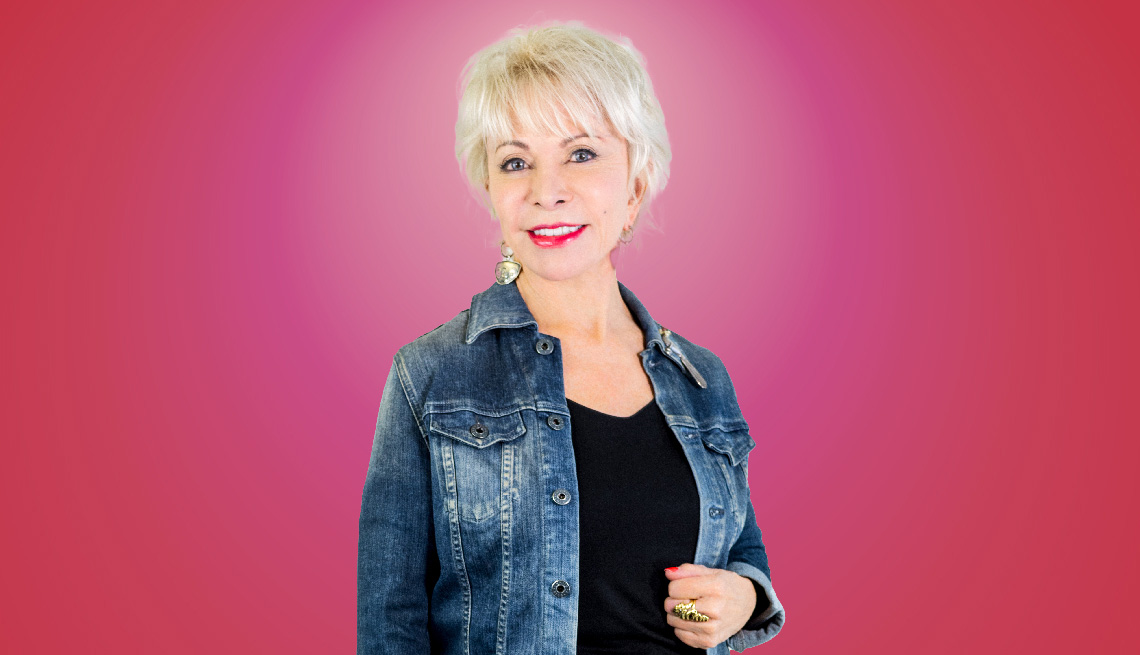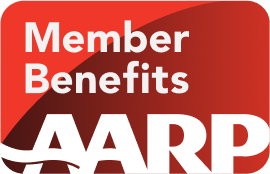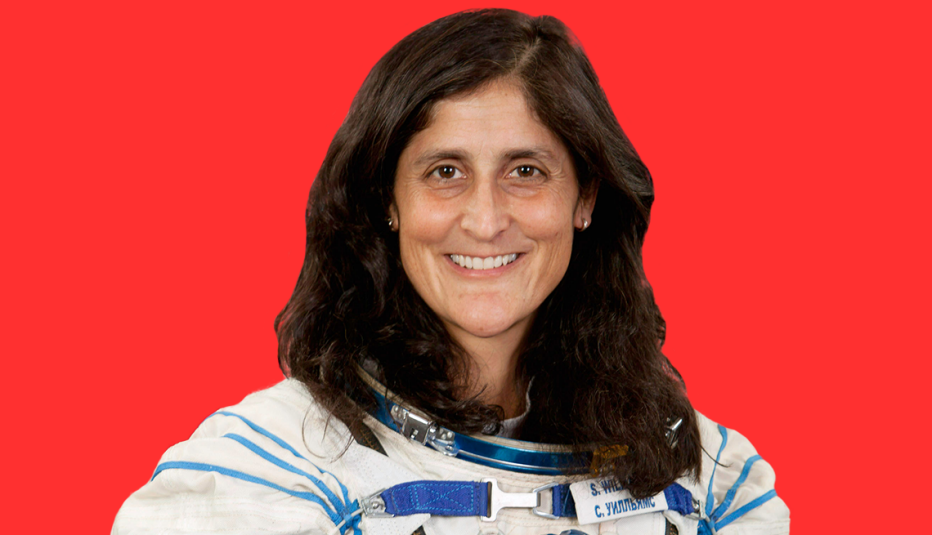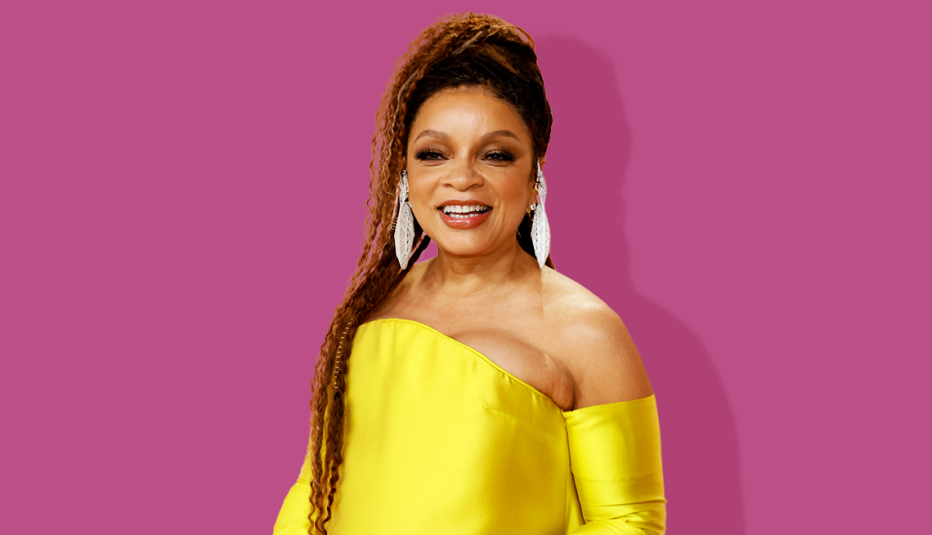Staying Fit
A new novel by author Isabel Allende, 80, is always cause for celebration by literary fiction fans. Her latest, The Wind Knows My Name, is an absorbing story centered on 7-year-old Anita Díaz, whose mother disappears after they escape violence in El Salvador for the U.S. The author spoke to AARP about the novel and her remarkable life, which includes fleeing Chile for Venezuela after General Augusto Pinochet’s 1973 coup and publishing her first of many acclaimed books, The House of the Spirits, in 1982 at age 40.
You’ve said, “I can only write about what I’m passionate about.” What makes you passionate about Anita’s story?
First, I have been a political refugee and an immigrant, so I know what it is to be displaced. I have a foundation [The Isabel Allende Foundation] that works with organizations that are doing work on the border, not only here in the United States, but we work with refugees also in Europe, for example, from Syria, from Ukraine, from Africa. So I know the plight of refugees, and I am passionate about it, because I know so many, so many stories. We tend to think in numbers — so many millions of refugees. That doesn't mean anything until you meet a person, know the name, see the face, hear the story. And that’s my job — to build a story. So I heard about a girl like Anita through my foundation, and it just broke my heart.

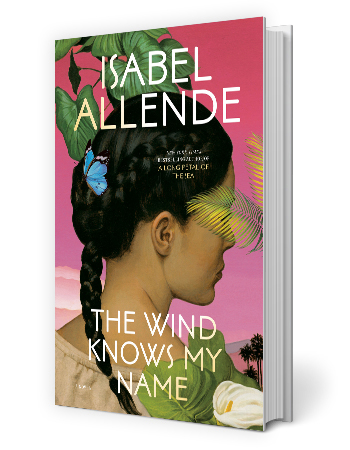
If you hadn’t become a novelist, what do you think you would have done?
Well, I was a journalist and a very happy one until the military coup. And then I had to get out of my country and I couldn’t work as a journalist anymore. And I did all sorts of odd jobs in Venezuela to make a living until I started writing. But that was much, much later. I was almost 40. I think that without the need to get out, and the years of exile and silence and hardship, I don’t think I would have had the need to write my first novel. So I would be in Chile. Probably a journalist — by now a retired journalist, I suppose.
When you think of “home,” is there a specific place that comes to mind?
It’s my house in California. But my place is really in my roots, and really in my books. And in the few people I love, in memories. I’m surrounded by the photographs of the people I have lost and that I love — my roots are with them, too. Home is not so much a place. If my son moved to Kenya, for example, I would move with him. I would never be separated from him. So that will be my home — where my loved ones are.



























































